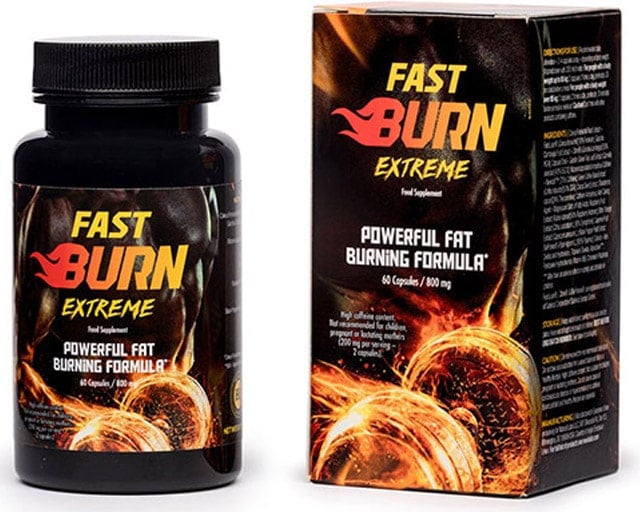Mastering the Keto Lifestyle: A Beginner’s Guide
Everything you need to know
DrL
5/26/20254 min read


Embarking on a keto diet can be a transformative journey, shifting your body’s primary fuel source from sugar to fat. This metabolic switch can unlock numerous health benefits, including weight loss, improved blood sugar control, and increased energy levels. However, starting a keto diet correctly is crucial to ensuring that you maximise its effectiveness and experience its full potential.
The Science Behind Keto
The ketogenic or keto diet is a high-fat, moderate-protein, and low-carbohydrate diet. Drastically reducing your carbohydrate intake forces your body into a metabolic state called ketosis. In this state, your liver starts producing ketones, molecules derived from fat that your body can use for energy without glucose from carbohydrates.
The Role of Insulin
Insulin, a hormone produced by the pancreas, is pivotal in regulating your body’s metabolism. It determines whether your body burns fat or sugar for energy. When you consume carbohydrates, your blood sugar levels rise, triggering the release of insulin. Insulin then helps transport glucose into your cells for energy or storage.
On a keto diet, keeping your carbohydrate intake low also keeps your insulin levels low. This encourages your body to shift into fat-burning mode, utilising stored fat and dietary fat for energy instead of relying on glucose from carbohydrates.
Getting Started: Key Principle
Cut the Carbs
The cornerstone of the keto diet is drastically reducing your carbohydrate intake. Aim for a daily intake of 20 to 50 grams of net carbs, which is the total carbohydrates minus the fiber content. This means avoiding sugary drinks, bread, pasta, rice, potatoes, and most fruit.
Embrace Healthy Fats
Fats should make up most of your calorie intake on a keto diet, typically around 70–80%. Include healthy fats, such as avocados, olive oil, coconut oil, fatty fish, nuts, and seeds, in your meals. These fats not only provide energy but also help you feel satiated and support various bodily functions.
Moderate Protein Intake
Protein is essential for building and repairing tissues, but on a keto diet, it’s crucial to consume it in moderation. Aim for a protein intake of around 20–30% of your total calories. Consuming too much protein can interfere with ketosis, as your body can convert excess protein into glucose.
Prioritize Vegetables
While cutting carbs, don’t neglect vegetables. Non-starchy vegetables, such as leafy greens, broccoli, cauliflower, bell peppers, and zucchini, are low in carbs and high in essential nutrients. Aim to consume at least 7 cups of vegetables daily to ensure you’re getting an adequate amount of vitamins, minerals, and fiber.
Stay Hydrated
Drinking plenty of water is crucial on any diet, but it’s vital on a keto diet. Water helps flush out ketones and byproducts of fat burning, preventing dehydration and electrolyte imbalances. Aim for at least eight glasses of water per day.
Monitor Electrolytes
When you restrict carbohydrates, your body excretes more sodium, potassium, and magnesium. These electrolytes are essential for various bodily functions, including muscle contractions, nerve impulses, and fluid balance. Include electrolyte-rich foods in your diet, such as leafy greens, avocados, and nuts, or consider taking an electrolyte supplement.
Be Patient
Transitioning into ketosis takes time, and your body needs to adapt to using fat as its primary fuel source. During this adaptation period, you may experience some side effects, often referred to as the “keto flu.” The keto flu is a collection of symptoms that can include fatigue, headache, nausea, and irritability. These symptoms are usually temporary and subside within a few days to a week as your body adjusts to the new diet.
Tips for Success
Track Your Macros: To ensure you’re staying within your carb, protein, and fat targets, track your macro intake using a food-tracking app or journal.
Meal Prep: Preparing your meals in advance can help you stay on track and avoid making unhealthy choices when you’re short on time.
Read Food Labels: Be mindful of hidden carbs in processed foods and condiments. Always read food labels carefully.
Listen to Your Body: Pay attention to your hunger cues and eat when you're truly hungry. Refrain from forcing yourself to eat if you are not feeling hungry.
Be Consistent: Consistency is critical to achieving success on a keto diet. Stick to your plan even when you face challenges or temptations.
Potential Benefits of the Keto Diet
Weight Loss: The keto diet can promote effective weight loss by shifting your body into a state of fat-burning mode.
Improved Blood Sugar Control: The keto diet can help improve blood sugar control and insulin sensitivity, making it beneficial for people with diabetes or prediabetes.
Reduced Risk of Certain Diseases: Some studies suggest that the keto diet may help reduce the risk of certain diseases, such as heart disease, Alzheimer’s disease, and certain types of cancer.
Increased Energy Levels: As your body adapts to using fat for fuel, you may experience increased energy levels and mental clarity.
Conclusion
The keto diet can be a powerful tool for improving your health and well-being. By understanding the key principles and following the tips for success, you can embark on a successful keto journey and experience its many potential benefits. However, it’s essential to consult your healthcare provider before starting any new diet, especially if you have any underlying health conditions. Your healthcare provider can help you understand how the keto diet may impact your specific health condition and provide guidance on following it safely and effectively. With their support, you can achieve your health goals and thrive on the keto lifestyle with commitment and dedication.
If you want to try some products recommended by me, I am a doctor, click my affiliate links and I will get a little commission for the writing work at no cost to you.
Fast Burn Extreme - No. 1 among fat burners!
The recommended dose is 2-4 capsules a day. The dose depends on body weight. Wash it down with about 300 ml of water…
https://foxly.me/hLs4tM


